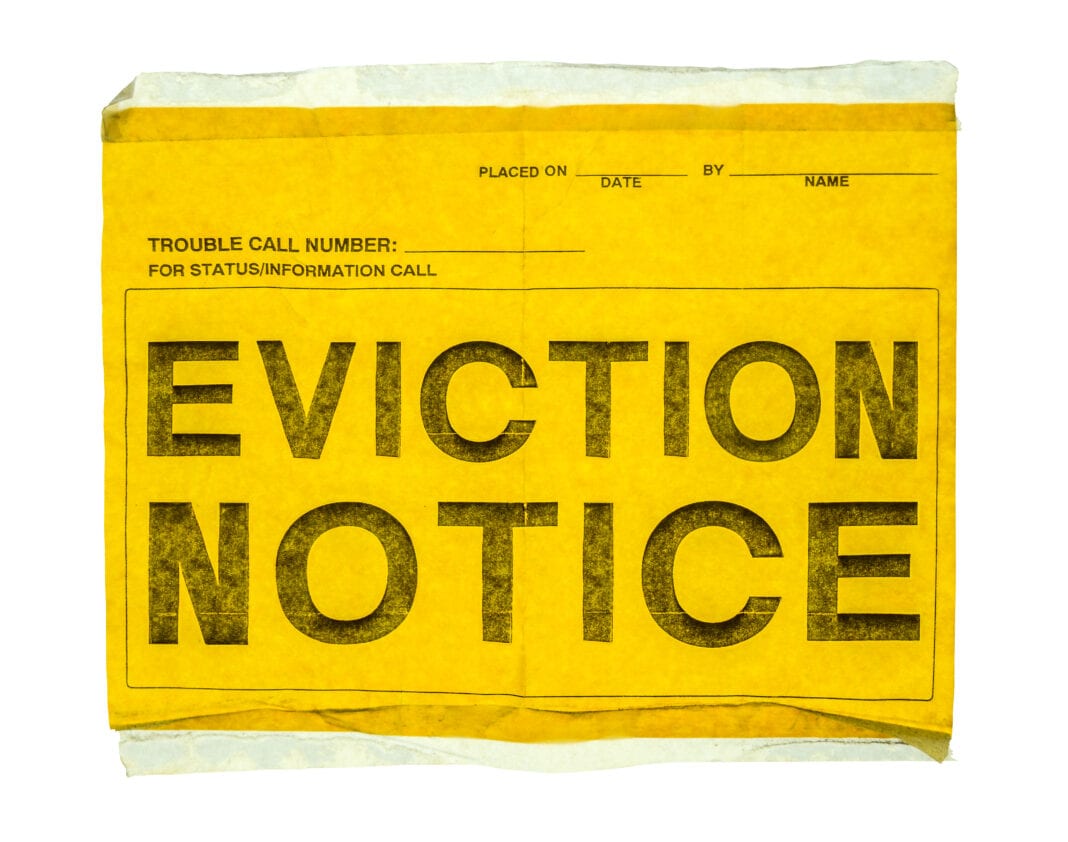Indiana was in a housing crisis before the COVID-19 pandemic. However, the effects of COVID-19, including loss of jobs, revenue and family members, made the number of evictions rise, experts say.
To combat this increase, the federal government and local entities created programs, allocated funds and established different eviction moratoria to prevent evictions, so tenants remain healthy and don’t cause further spread of COVID-19, and property owners can provide safe, affordable housing.
While some of these resources have been in place for months, many Indianapolis residents in need do not know the programs exist or know how to access them. Some resources include:
CDC Moratorium:
The CDC moratorium, which started September 2020 and will end July 31, prevents qualified tenants from being evicted for not paying rent.
To qualify, tenants need to fill out the disclosure form before the end of the month on cdc.gov and give it to their landlord. Also, tenants need to meet certain requirements, such as being laid off from work and earning or expecting to earn less than $99,000 in 2020 or 2021.
Debt collectors, including property owners, are required to provide written notice to tenants of their rights under the eviction moratorium.
Tenants can be evicted for other reasons, such as lease violations, illegal activity or property damage. Also, property owners can file evictions under the moratorium, but the courts can’t process those filings.
IndyRent:
The Consolidated Appropriations Act, 2021 and the American Rescue Plan Act of 2021 allocated $46.55 billion to states and local governments to distribute to households unable to pay rent.
IndyRent, the Marion County rental assistance program, offers up to three months of rent paid, including back rent and late fees accumulated after April 1, 2020, according to indyrent.org. The program does not pay for utilities. Marion County households at or below 80% of the area median income that had a loss or reduction in income due to the COVID-19 pandemic are eligible to apply.
To receive rental assistance, tenants need to go to indyrent.org to sign up for the waitlist. Qualified residents that apply soon should receive rental assistance before the end of the month, said Barato Britt, president and CEO at Edna Martin Christian Center.
The Landlord and Tenant Settlement Conference Program:
This program allows both parties to meet with a facilitator to work out an agreement before an eviction is filed or, if one has already been filed, before the eviction case is presented in court.
To participate, one of the parties needs to complete a facilitation request online at public.courts.in.gov at least 15 days before the court date. Both parties must agree to take part in this free session.
Legal services:
Indiana Legal Services (ILS) and Neighborhood Christian Legal Clinic offer free legal services to low-income Indiana residents. In addition to providing normal representation, ILS offers legal aid in Zoom breakout rooms for Warren Township Small Claims Court to renters at risk of being evicted.
Other resources:
Indianapolis residents can find both immediate and long-term assistance for problems directly related to housing or for issues in related areas such as child care by:
-calling 211 or visiting in211.communityos.org
-visiting websites such as indyrent.org and housing4hoosiers.org
-stopping by community centers such as Edna Martin Christian Center and John Boner Neighborhood Center
‘Try everything’:
For renters who are at risk of eviction, the best thing they can do to retain their housing is to seek every resource and document that pursuit, said Michaela Wischmeier, Prosperity Indiana research and communications specialist.
While the tenant may not qualify for every resource, having evidence to prove they tried multiple avenues supports their case in front of a judge if an eviction is filed.
Wischmeier said renters should document things such as what resources they are pursuing, when they turned in applications and who they had conversations with, such as landlords or legal representation.
“It comes down to the level of evidence that you can present,” she said. “Try everything.”
Contact staff writer Madison Smalstig at 317-924-5143. Follow her on Twitter @madi_smals.







